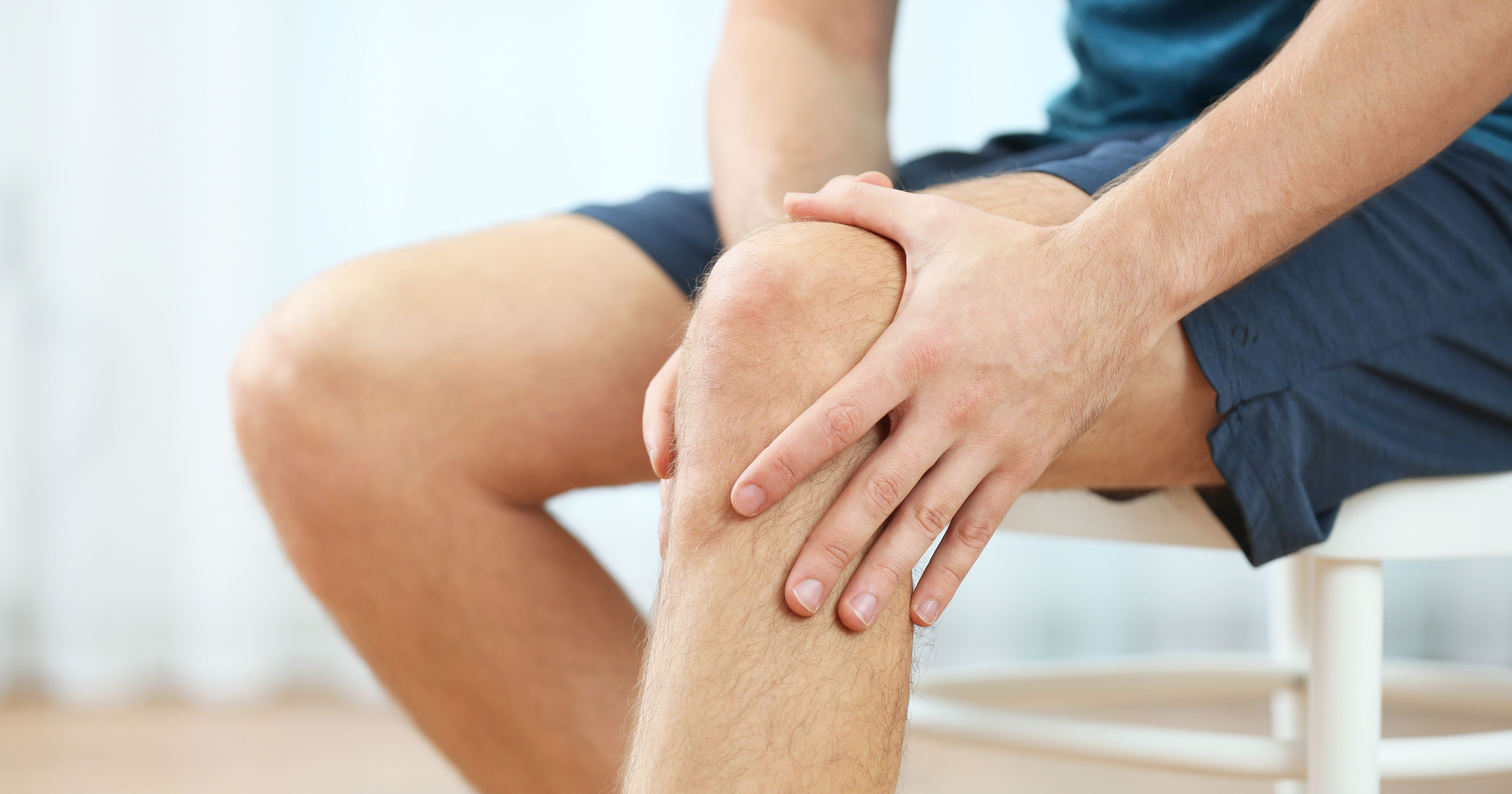14 Day P.I.P. Emergency Medical Condition Auto Insurance Compliant

Did you know?
After an accident, injured parties must be evaluated by a physician within 14 days of the accident to receive any personal injury protection (PIP) health benefits.
Learn More About 14 Day PIP Evaluation


